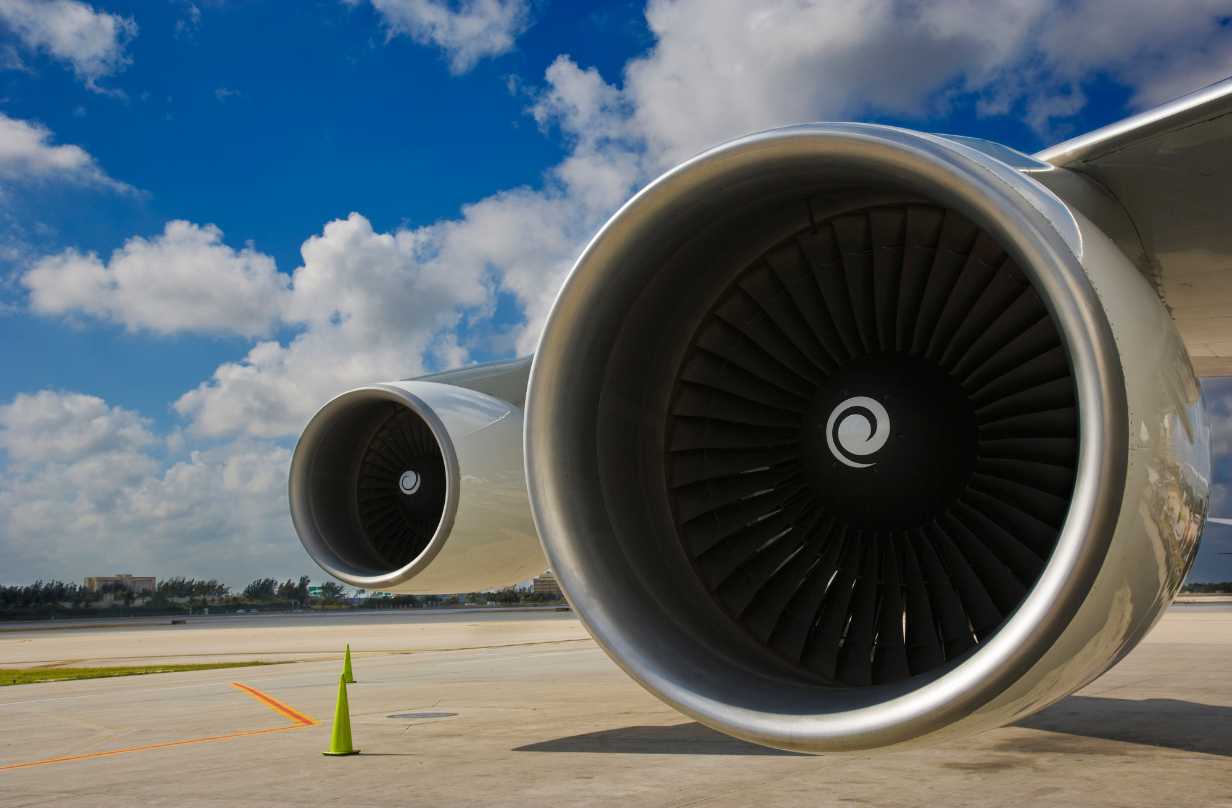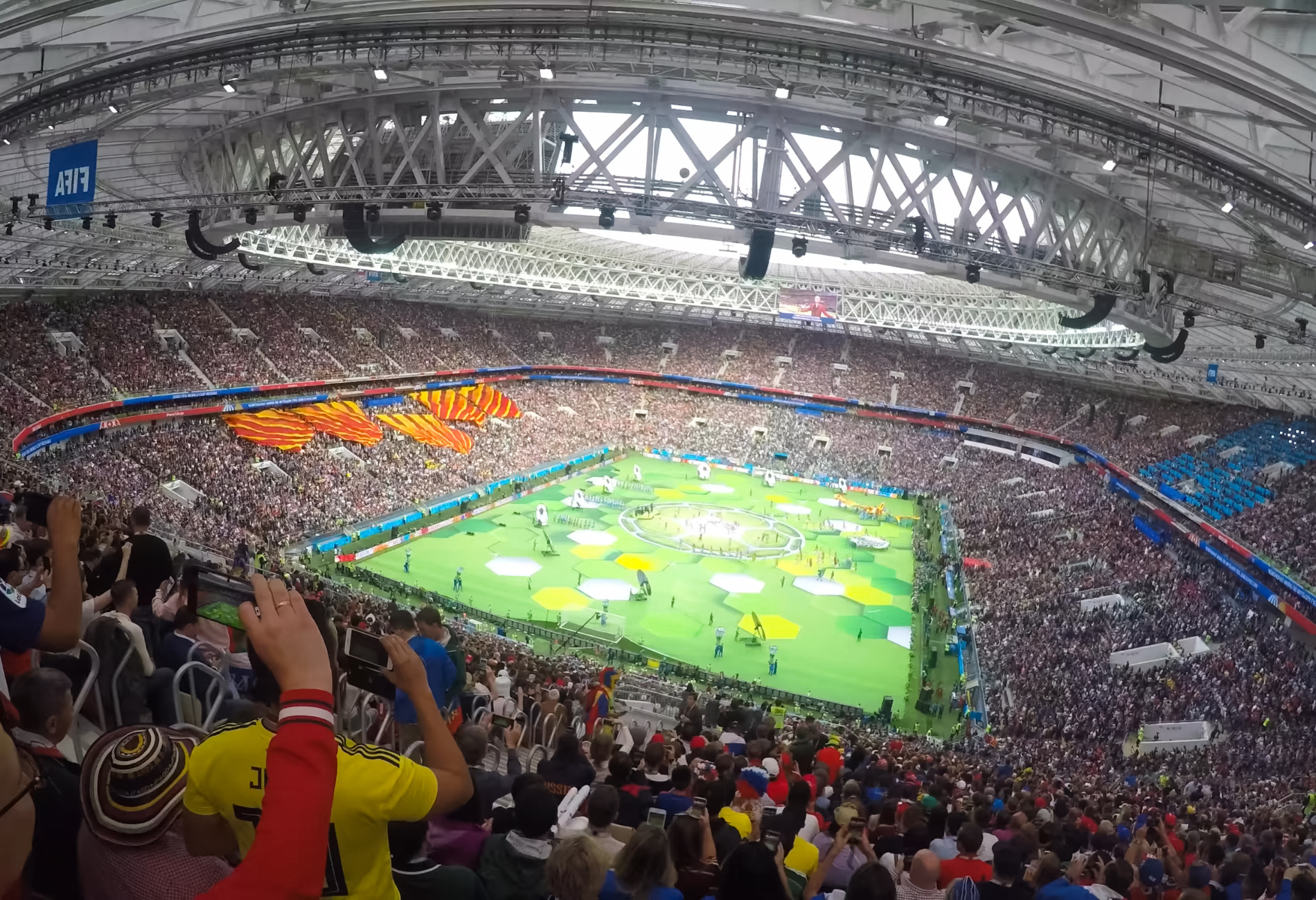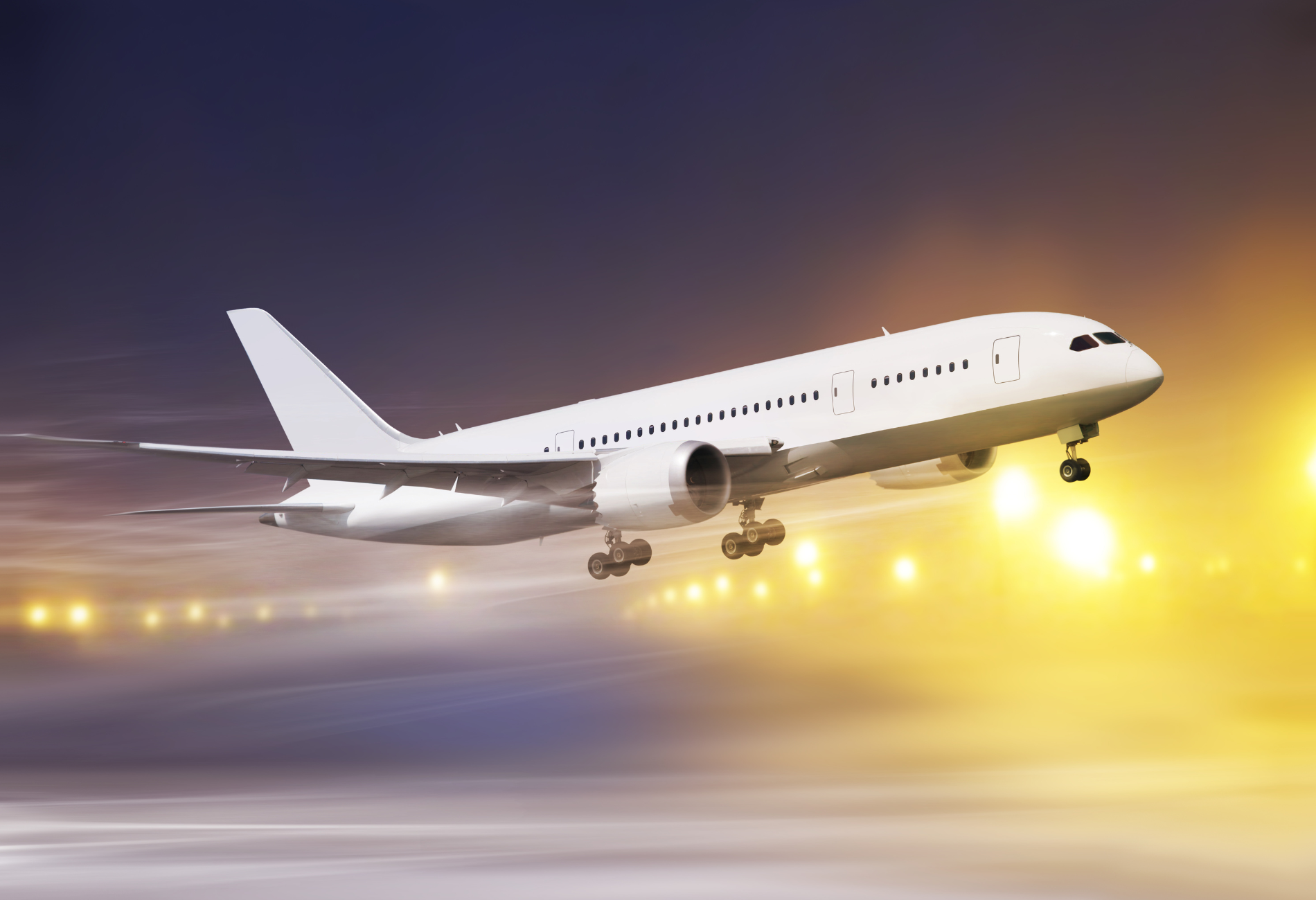United Nations has a new goal of net-zero carbon emissions for the aviation industry by the year 2050.
On Friday, the International Civil Aviation Organization (ICAO), which has 193 member countries, reached a long-awaited agreement on aviation climate change, calling for net-zero aviation emissions in response to growing pressure for airlines to reduce their air pollution.
ICAO also agreed to revise the global airline industry carbon offset program, known as Corsia, so that airlines will be required to purchase more offsets.
Secretary General of ICAO, Juan Carlos Salazar, described the decision as, “truly a moment of joy and a moment of commitment.” Other major environmental groups also praised the move, saying it could encourage the production of more sustainable aviation fuel, yet they cautioned that pushing countries to reduce emissions through policies will be difficult.
The goal was questioned by China, alongside Russia and Eritrea, who argued that developed nations should support the fast-growing aviation markets in developing nations. ICAO cannot impose rules but countries that approve decisions usually abide by them.
In a practice run last year, airlines committed to achieving net-zero emissions by 2050, reflecting Beijing’s increasingly cautious approach to multilateralism. In the meantime, airlines hope that a policy set by ICAO will serve as a global blueprint so that some countries don’t adopt different measures and fees that would complicate their operations.
While the target goal still has many gray areas to be addressed in planning, it is a step in the right direction toward cleaner air.









 by your friends at The Daily Navigator
by your friends at The Daily Navigator



